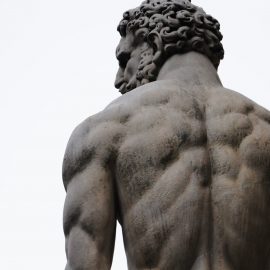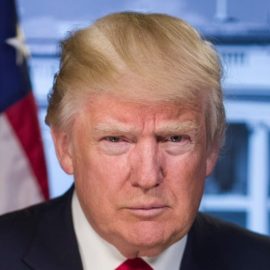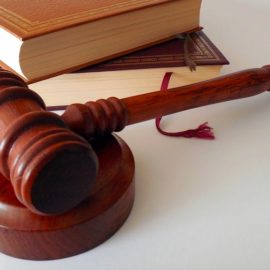

This article is an excerpt from the Shortform summary of "The Federalist Papers" by Alexander Hamilton. Shortform has the world's best summaries of books you should be reading.
Like this article? Sign up for a free trial here .
Who approves treaties after they’ve been negotiated by the President? How does the Senate check executive power?
Senate treaty ratification power is an important check on the President. Unlike a monarchy, the President cannot unilaterally enter into international agreements.
See who approves treaties and why.
Who Approves Treaties and Why?
The Senate, as the upper chamber, was designated with certain special privileges. One of the most important of these was its sole prerogative, via a two-thirds vote, to ratify treaties negotiated and submitted to it by the President. So who approves treaties?
As it would be composed of leaders with greater experience and superior judgment in international affairs, the Senate was the proper body to provide this advice and consent on treaties. There would be a need to balance expediency and secrecy in matters of diplomacy. This was why the president would have sole authority to negotiate and draft treaties, but would require the approval of the Senate for them to become effective.
There was little danger of the Senate becoming corrupted by either the president or by a foreign power in its treaty-approval function. Who approves treaties? The provision in the Constitution requiring two-thirds approval for any treaty was paramount here—it would be very difficult to bribe that many Senators (and the state legislators who would be responsible for electing them) without the conspiracy being detected and discovered.
The Senate would also be responsible for approving all cabinet appointments by the president, although this could be achieved with a simple majority vote. This would make it less likely that the president would attempt to appoint unqualified loyalists, cronies, and favorites to important cabinet positions. Knowing that his nominations would need to survive a Senate confirmation vote, the president would have a strong incentive to nominate qualified officials.
In both the Senate treaty ratification and executive-appointment confirmation functions, the Senate served as a powerful check on the executive branch.
A Check on the President
Although the President could negotiate treaties on his or her sole authority, all treaties needed to receive the approval of the Senate before becoming law. Kings faced no such check on their power in this regard.
Similarly, all presidential appointments had to be confirmed by the Senate. The king, meanwhile, could freely appoint favorites and cronies to councils of state and even confer lands and titles of hereditary nobility without Parliament’s assent.
Greater Powers Than Under the Articles of Confederation
The government under the Articles was unable to perform basic functions like:
- Regulating interstate commerce
- Putting down domestic insurrections and protecting the nation against the threat of foreign invasion
- Preventing states from forming their own commercial treaties with foreign powers
- Adequately raising revenue from the states to meet its debt obligations from the Revolutionary War

———End of Preview———
Like what you just read? Read the rest of the world's best summary of Alexander Hamilton's "The Federalist Papers" at Shortform .
Here's what you'll find in our full The Federalist Papers summary :
- The genius of the founding fathers in how they designed the United States Constitution
- Why it was critical for the United States to form a union rather than stay separated as colonies
- How Alexander Hamilton anticipated social issues that are still relevant today






